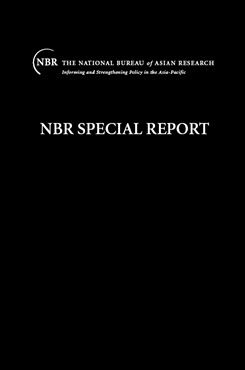Trade in Services in China
Implementing the WTO
China’s accession to the WTO was, and continues to be, a classic study in extremes: either the hope that China’s accession will be a panacea for global economic woes or the fear that China will become the pariah of the trade world.
Charles Dickens would have relished writing about China’s accession to the World Trade Organization (WTO): it was the best agreement and the worst agreement, a time of high drama and a time for farce, an era of euphoria and a time of despair. China’s accession to the WTO was, and continues to be, a classic study in extremes: either the hope that China’s accession will be a panacea for global economic woes or the fear that China will become the pariah of the trade world. Call them pundits, cognoscenti, the “China Hands,” the free traders, or the trade fundamentalists. They are firmly ensconced at either end of the spectrum. Between these extremes lie the realists and the pragmatists who have observed the history of trade negotiations as replete with agreements initially described in glowing terms, but eventually decried because of the lack of implementation and enforcement.
China’s WTO accession agreement was described in the most glowing of terms, in part because of the initially low expectations resulting from China’s insistence throughout negotiations on acceding on political grounds, not on the standard, commercially-based terms. Yet the accolades were also based on substance. With the exception of government procurement and civil aircraft, China eventually negotiated with its WTO trading partners a comprehensive agreement covering all trade areas included in the Uruguay Round. The terms were fully compatible with, or better than, the terms of other acceding countries. Some provisions of the agreement were Uruguay Round “plus” and other provisions were Uruguay Round “light.” Given its political, competitive, and global trading status, China acceded on equitable terms.


